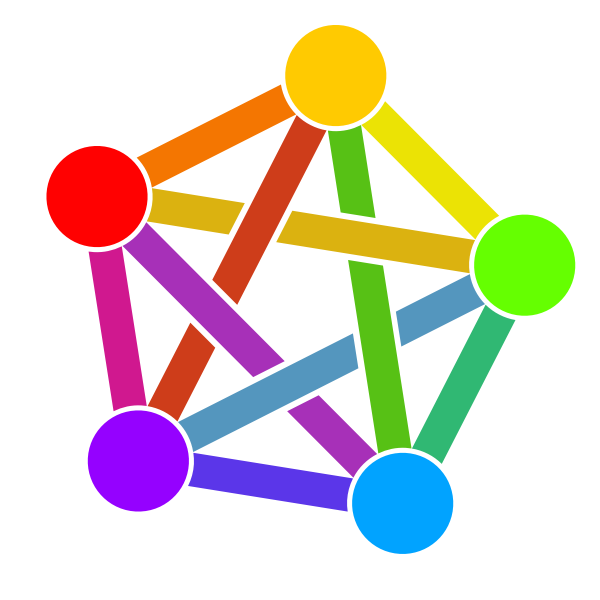

Then how would they sell access in a deniable way?


Then how would they sell access in a deniable way?


Ah. Yeah, nuke it from orbit. Since this was RAT, so it had local execution powers and the attackers knew exactly which distro they are targetting, they could have used some security vulnerability to get root and even replace the kernel in worst case. Hopefully not microcode insertion, so hardware could be ok
But then, it wasn’t an attack on an existing package. So the question is how many people did actually download those
Ah, you mean for fediverse to work as an LDAP?
My point is Let’s imagine we have a board on some instance. You use your account on another instance to ask the owner of the board to give you access to the board. The contents of the board are, IMO in most cases of such boards, “members only”. So any changes happening inside should not be sent out to federating instances. Otherwise, privacy of such boards would be at the mercy of privacy of other instances. If restricted changes were sent out, technically speaking, any server it federates to can choose to show that content to everyone. Which means you won’t be able to access the contents via any other instance. Apart from the logging in part, you will still need to go to the instance hosting the board. Unless it would be for publicly accessible boards only, like codeberg issues. That use-case could work


It was AUR. The way AUR works is that there is a PKGBUILD file that tells pacman how to compile a package from scratch. It can be created in a way where nothing gets compiled, only precompiled binary is downloaded (like from github releases). So it was not a package in purely Arch sense. With those PKGBUILDs out from AUR, malicious binaries only sit on their github, or wherever those were hosted, and are not reachable via alternative package managers (pacman, the official one, doesn’t offer AUR at all)
With that flow, those might have counted more as remixes than copies ;D
How would you see it work? IMO such boards are mostly for personal/organisation use, not a social space


At first I read “Florida”. It was weird that Phoronix was covering that but still didn’t ring a bell
Real title makes much more sense
Huh. So in this case, the file actually is respected. Refreshing


I don’t know what kind of reel do you reap but coming to fedi to advertise discord is rich


Nie wiem. Z jednej strony popieram rozwój europejskiego przemysłu. Z drugiej rzeczywiście szkoda, że to przemysł wojenny
Z trzeciej, Spotify jest jak Google, niech żyje Bandcamp!
Oooh. Can’t wait to test this out